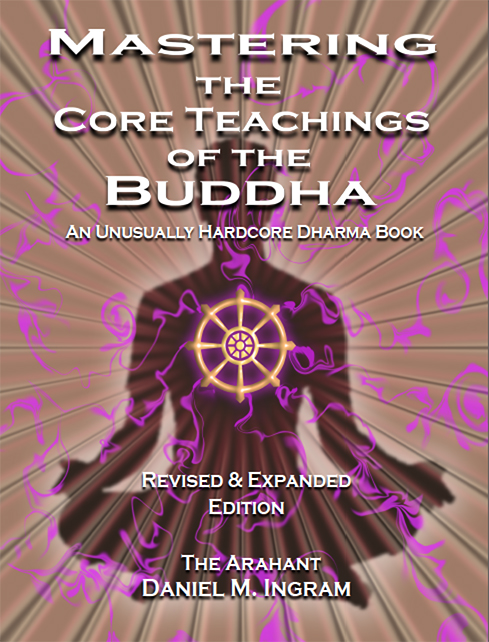The Specific Perception Models
← The Fundamental Perception Models | The Emotional Models →
Specific perception models essentially state or imply that an awakened being will be uninterruptedly hyper-aware of every single sensation that arises in their field of perception, including not just the ultimate aspects of the fundamental perception models, but also every single little detail of the content of those sensations, achieving at all times the perfected fusion of the completely open and panoramic perspective of High Equanimity with the laser-like precision of the Arising and Passing Away at its peak (which is the A&P Event). It implies that rather than stopping a process, enlightenment is about becoming so fantastically alert that you see not only the true nature but also the specifics of every sensation that arises at all times, like some sort of perfect version of Sherlock Holmes. This is not even close to what happens in experience. While awakened beings will cycle through those stages, when mindfulness is low then each of those stages will present in a low-key way, and only for moments here and there will there be anything like that kind of hyper-intense awareness, though when enlightened beings are on retreat and/or powering the mindfulness and concentration, they can temporarily achieve something that resembles these high ideals.
The specific perception models are another instance where practice instructions get turned into an ideal of what is supposed to happen in the same way as happens with the fundamental perception models. They become one more example of carrying the raft after we have crossed the river. Again, mindfulness comes and goes, sleep comes and goes (though the Tibetan teachings on dream yoga are very intriguing, more on that later), concentration comes and goes, various perspectives and perceptual thresholds parade through, and the cycles of the ñanas continue on and on, with a few possible exceptions noted later.
The ideals in this model and many models that follow it are sometimes used as a weapon by those who like to criticize those who claim, rightly or wrongly, to be awakened. Examples include, “Don’t you remember when I said (such and such)?”, “Didn’t you notice how I cleaned the bathroom?”, or “How could you have forgotten to pay the power bill?” (It’s all right, married people, you can laugh now.) The implication in each of these is that awakened beings should have perfect awareness of all aspects of their sensate reality as well as an infallible memory. This ideal is unfortunately completely bogus. I so wanted to be a sensation-perceiving superstar with a photographic memory, but have been sorely disappointed. There are people with photographic memories, but it is a separate axis of capability from awakening. Since basically everyone out there has some aspect of this model in their working definition of what “enlightenment” must be, these ideals can be a problem in close relationships, particularly business and romantic relationships for those who are out of the closet about awakening but still running into the misconceptions that abound about what awakening entails for real life.
In this basic vein, this brings up another selling point of realistic, down-to-earth, human models of what awakening delivers. If you tell people you are enlightened and promote very high, idealized, delusional, perfectionistic models of awakening, those who know you well will quickly realize how full of shit you are, particularly people such as spouses or partners, co-workers, best friends, and the like. Further, the more you get stuck trying to be like the person you dream you are supposed to be rather than who you are, the more isolated you can get in your false and pretentious fantasy land, locked away from the grounding, healing, human, and helpful reality testing that comes from community and real, vulnerable, close human relationships. However, if the specific perception models are a problem in this way, you haven’t seen anything until you get to the emotional models.
← The Fundamental Perception Models | The Emotional Models →

